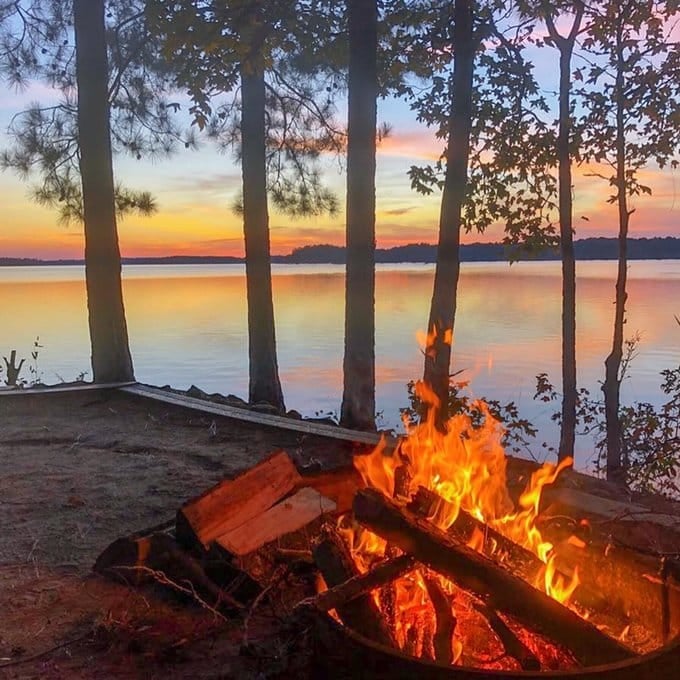I must be honest: I have not long been a Drive-By Truckers fan. I caught them once at a festival a few years back and quickly moved on. I haven’t paid them much mind since. So, then, it must be true that every man will face his reckoning, and mine came in the form of the band’s latest record, Brighter Than Creation’s Dark. Some five tracks in, I was a changed man. Eclectic, raw, and bare-boned, the Drive-By Truckers capture the experience of the everyman better than any band I have heard before. Their songs tap into the angst of getting by in a world where just getting by is getting harder and harder. The characters in these songs—the frustrated blue collar worker, the tortured war veteran, the guy down the block at the end of his rope—are people I know. You know them, too. BRO recently talked with guitarist/songwriter Patterson Hood about his latest lesson in rural reality.
BRO: With 19 songs, this could be two albums. Was there something about these songs that said, “You can’t break us up. You have to put us out together?”
PH: There was. Some records work as a snapshot of a moment in time. To me, this was one of those records. We went in without any concept, idea, or title; we didn’t have anything except a bunch of songs. It was very relaxed, and we went in and cut 17 songs in ten days. We toured through July, and we would reconvene in the back lounge of the bus to listen, and we were struck by what we had done; it was so cohesive, even in its rawest form. It became very apparent that these songs just stuck together. The only comment that we had was that it was still missing one piece of the puzzle. We just needed that one song that unified these little running themes that rocked. Two days before we reconvened in August I wrote “The Righteous Path,” and that was that song. It was just a magical experience making it.
BRO: I live deep in rural Appalachia and there are moments on this disc that are virtual snapshots of the world I see every day. What does it mean to you as a songwriter that your songs can strike resonant chords with your listeners?
PH: I’m thrilled and I’m blessed when that happens. I could never second guess something like that; it either happens or it doesn’t. There’s no way to predict it, and there’s certainly not a formula for it. I’m lucky that so far certain songs resonate with people. All we have to go by is what pleases us, what we feel, and what rings true to us. In some ways our lives might be different than those that listen to our music; we probably spend more time away from our families than most people, but everyone knows what it means to be homesick. People aren’t all that different. It isn’t like we are the Rolling Stones, living some extravagant lifestyle. We all come from working class roots.
BRO: Is life a fascinating muse?
PH: Of course it is. I started writing songs in elementary school. At a young age, writing became my outlet. Whatever would happen, there’d be a song about it. I wrote a lot, almost to ridiculous proportions. And I learned not to edit myself until after the fact. Otherwise I start second guessing it before I write it, and I might paralyze myself and write nothing. I tend to write pretty unfiltered.
BRO: You share songwriting duties with some fantastic songsmiths. Are there ever moments, whether on stage, in the studio, or on the bus, where you are as much a fan as a collaborator?
PH: All the time, on my end. I’ve always said that (bandmate) Mike Cooley writes my favorite songs. I am a huge fan of his songs. He’s not a prolific writer, as a general rule, except for this record. Cooley writes one or two songs a year. They tend to be my favorite songs on any given record, and this one is no exception. This is such an important part of the dynamic of our band. We figured out early on that it was a strength and to run with it, rather than to work against it.
BRO: One sentiment that comes up when talking about your music is “honest.” Is that an accurate description?
PH: For sure, and sometimes painfully so. There’s that moment in time when you play it for an immediate family member or someone in the band and it’s like, “Ouch!” It’s not always an easy thing to deal with it, but it is better that way.






